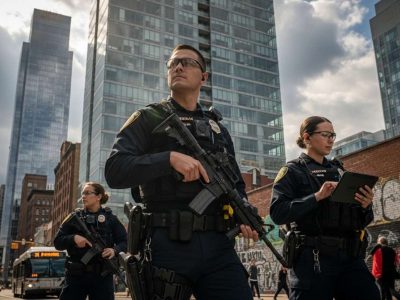Payam Javan: Elon Musk has recently refuted allegations that he began his career in the United States by working illegally. The claims, originating from an October 27 report by The Washington Post, suggest that Musk, now a prominent figure in the tech world, worked without proper authorization while co-founding Zip2 in 1995, a startup that later sold for approximately $300 million. The report based its findings on company documents, testimonies from former associates, and statements from a former CEO of Zip2, who recalled investor concerns that Musk could face deportation if his employment status was scrutinized.
In response to these allegations, Musk took to social media, firmly denying the claims and asserting that he had legal authorization to work in the U.S. from the beginning. In one post, Musk countered President Joe Biden’s public reference to the claims, emphasizing that he was permitted to work in the country. Providing further details on his immigration history, Musk explained that he initially held a J-1 visa, intended for academic training or research, which later transitioned to an H1-B visa, a status allowing skilled professionals to work temporarily in the United States. Musk underscored that his employment history is well-documented, claiming that authorities have access to all his relevant records.
Musk’s immigration journey began when he left South Africa for Canada at age 18, leveraging his Canadian citizenship, acquired through his Canadian-born mother. After studying at Queen’s University in Canada, he transferred to the University of Pennsylvania in the U.S. In 1995, he moved to California, enrolling briefly at Stanford before co-founding Zip2 with his brother. Musk ultimately gained U.S. citizenship in 2002, solidifying his legal ties to the country where he would go on to establish a series of influential technology ventures.









